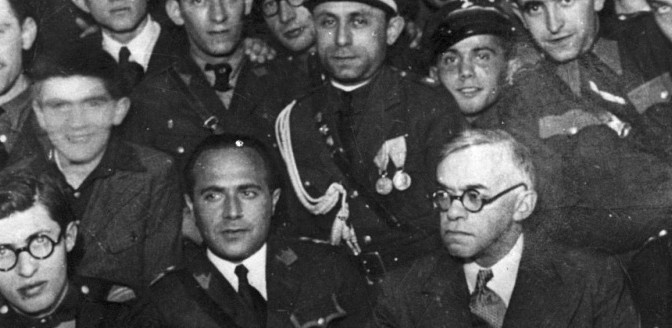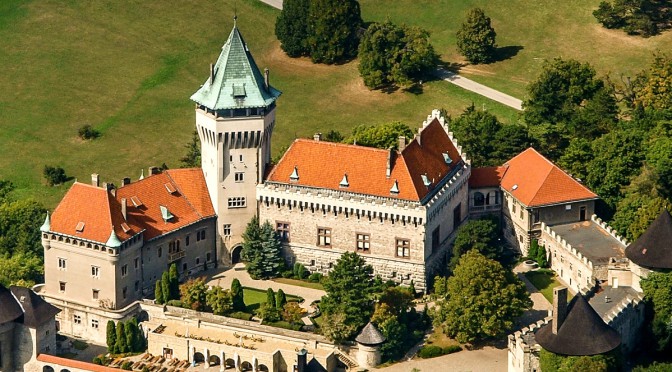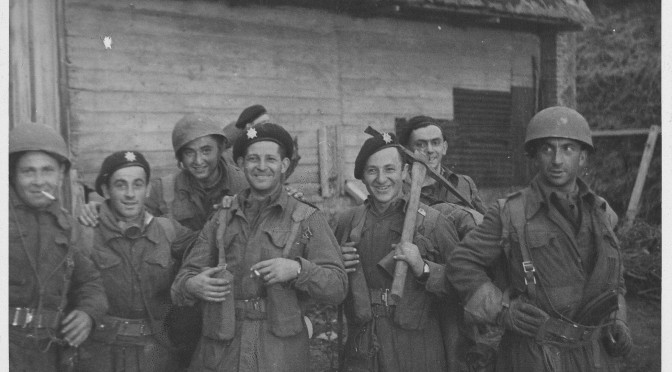 A lecture by Prof. Pierre-Michel Menger, professor at Collège de France
A lecture by Prof. Pierre-Michel Menger, professor at Collège de France
This lecture is held in the frame of the Historicko-sociologických konfrontací organized by the Department of Historical Sociology of the Faculty of Humanities, UK.
Organizers: HISO FHS & CEFRES
Where: CEFRES, Na Florenci 3, building C, 3rd floor, conference room
Language: English
Pierre-Michel Menger (1953) is a French sociologist specialized in the sociology of art and creation. A professor at the prestigious Collège de France (Chaire de Sociologie du Travail Créateur) and at the EHESS, he has recently published The Economics of Creativity. Art and Achievement Under Uncertainty (Cambridge, Harvard University Press, 2014).
Read more
Abstract
During the last fifteen years, European reforms in higher education have introduced differentiation in the fabric of academia, and triggered transformations in academic careers even if the various scientific disciplines and generations of academic researchers have been unequally exposed to the main impact of these reforms, that of a pervasive growth of individual and institutional competition on a national and international scale. Competition alters the architecture of organizations, the principles underpinning the evaluation of academic work and workers, the coupling of teaching and research, the incentive tools for scientific production, and the correlation between working conditions and salary levels.
How is the functional link between teaching and research still to be understood in a context of heightened competition between and within universities? Three options surface: complementarity; substitution; sheer dissimilarity and nil correlation between quality of teaching and research.
Analyzing the asymmetrical relationship between the two tasks seems to provide a fruitful agenda of investigation. There are striking dissimilarities between them: the production function of teaching is additive, while that of research is multiplicative. This is why management of research activities has granted increasing importance to the concentration of critical masses of talent to leverage the faculty’s research potential. Meanwhile, teaching staff becomes more substitutable once they move (or are moved) away from the frontiers of advanced research. Unsurprisingly, given the crucial importance of reputational capital to higher education institutions, tension between research and teaching missions is mounting.
My main argument is as follows. In research, the distribution of individual productivity and professional visibility has a highly skewed, Pareto-like profile, whereas individual performance in teaching has a normal, Gaussian, distribution. Since the chances of success in each activity are distributed very differently, their conjunction functions like a risk management mechanism, both individually and collectively. Yet given the differential return on effort and ability in the two tasks, complementarity is best understood when redefined as complementarity under asymmetry.


 A lecture by Philippe Descola organized by the Institute of Philosophy of the Academy of Sciences and CEFRES, in cooperation with the French Institute in Prague.
A lecture by Philippe Descola organized by the Institute of Philosophy of the Academy of Sciences and CEFRES, in cooperation with the French Institute in Prague.
